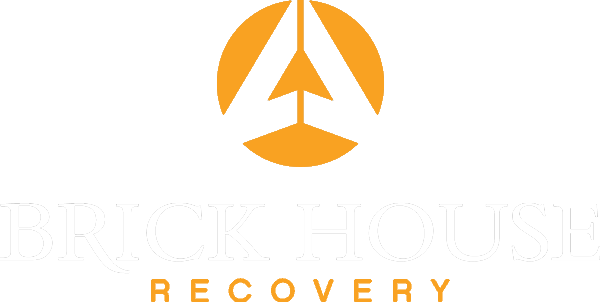Tips for Talking about Addiction

It’s difficult to have a conversation about addiction. However, addiction thrives in isolation, shame, and secrecy. Often, the best thing that we can do to disarm addiction is to open up an honest conversation.
There are many different scenarios where you might find yourself needing to broach the topic. Every parent should talk with their child about the dangers of substance abuse and addiction. Opening conversations with loved ones helps us curb harmful behaviors, or seek out help and healing for a situation where addiction has taken hold. And of course, our friends and family who have undergone addiction recovery often need to talk about it openly with a friend who has a sympathetic ear.
Here are some tips for making these talks more effective, compassionate, and interactive.
Understand the Disease Model of Addiction and the Science behind It
The popular “understanding” of addiction is rife with outdated, mistaken assumptions. We jumble up addiction with moral failings, failing to address the true pain and need motivating addiction. So before you talk, spend some time reading and listening. Learn about the disease model of addiction and the mental health issues that can exacerbate the issue. While substance abuse is closely linked with our individual choices, it’s also closely linked to personal biology, brain development, and environmental factors.
Discuss Coping Techniques
Often, harmful behaviors that we see friends and family falling into (including addiction) are perpetuated for a reason. Usually, it’s because there’s an unmet need in the individual’s life, whether that need is for relief, companionship, mood regulation, energy, purpose, self-worth… the motivations are endless. In the end, we all need to find ways for our needs to be met. We all have techniques to deal with what life throws our way. Think about those techniques that you use–whether they’re healthy or unhealthy. This brainstorming can help you find greater compassion for the situation, and be more helpful to your loved one.
Beware Language Pitfalls
Because there can be so much blame and relationship damage in addiction scenarios, it’s easy for a conversation to get out of hand. For this reason, there are some tips that counselors recommend to enable family discussions.
- “I” feelings: It’s easy to start to blame each other, but keeping the conversation focused to “I” sentences helps you to claim responsibility for your own actions and feelings, and gives the other person space to claim their own story.
- Give examples: We often rely on sweeping blanket statements that might be driven by vague, general feelings. Instead, use specific examples and incidents to drive the conversation so that you can both have common ground as reference.
- Avoid “addict” branding: In addiction recovery, we try to avoid putting labels on people according to their struggles with addiction. Using the word “addict” can put someone in a box and disregard their unique situation and experiences, and their ability to overcome addiction.
Remember, your primary goals are (1) understanding the other person, and (2) showing support and love. Only then can you work together to find solutions. Listen at least as much as you speak.
Encourage Professional Help
An addiction specialist can help your loved one identify root causes of addiction, the severity of the disorder, and set goals. So if you feel like your loved one has a problem with addiction, encourage them to seek help from a professional. It doesn’t have to be residential rehab. Sometimes simply talking to a counselor once a week can help an individual gain clarity. Always come from a place of hope. Acknowledge that it might be a hard process, but it’s important, and that things will get better.
The post Tips for Talking about Addiction first appeared on Brick House Recovery.




